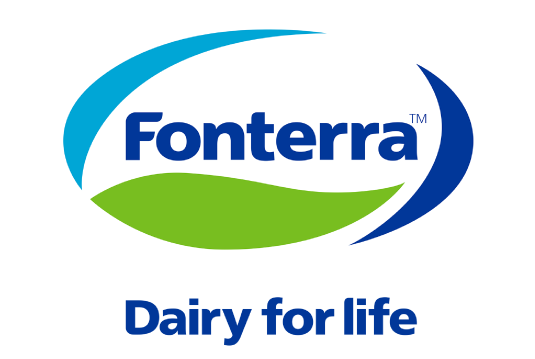Myth buster: cow’s milk vs almond milk, what’s the most nutritious?
Fonterra’s Chief Science and Technology Officer Jeremy Hill unveils new research comparing regular cow's milk with plant-based alternatives based on their nutrient content and cost, and unearths some surprising results.
Note: put a sentence or so in here to stretch the header so the wave does not cut off. If the section above is longer then you can just remove this copy.
Consumer choice has never been greater. Supermarkets sell around 40,000 more products than they did 20 years ago.
For example, Fonterra provides a variety of milks to meet changing consumer preferences, such as variations on fat and protein content, organic, A2 and lactose-free options.
I’m a strong supporter of this growing range, and a big advocate for the right of consumers to choose the best foods and diets for themselves and their families. This includes products that claim to be substitutes to cows’ milk.
But these choices need to be informed ones. With the supermarket shelf packed with alternatives each claiming to be more nutritious than the last, it’s no wonder consumers are sometimes left scratching their heads.
One claim is that plant-based alternatives are better for you and for the environment. The facts don’t back this up.
Research by US and Swedish universities found that milk substitutes had double the carbon emissions of Fonterra’s milk produced in New Zealand, when compared on the basis of their nutrient content.
Helping consumers make an informed choice
Fonterra has recently taken this a step further by examining the nutrient content and cost of thousands of milks and plant-based substitutes on the global market.
Compared with cow's milk, the nutrient content of protein is often much lower and the cost of those nutrients much higher in plant-based beverages. This is particularly true for nut and oat ‘milks’ – when compared with cow's milk’s 6 cents per gram of protein, almond milk costs on average of 56 cents per gram.
This means a consumer must spend more to get a lot less.
Often plant-based beverages use imagery and positioning that says they have both the benefits of milk and plant nutrition, when in reality they may not be providing the nutrients found in dairy or even the nutrients, such as fibre and plant-sourced vitamins (like C, E and K), of fruit and vegetables.
As an example, many plant-based alternatives (such as almond milk, coconut milk and soy milk) are not suitable as a replacement for milk for children under the age of five. In New Zealand, they must be labelled as such in recognition that they are not nutritionally equivalent to milk.
That said, we also recognise that the needs of people tomorrow will be different from today, and there is a critical role for dairy to play in this.
With the need to feed another one billion people by 2030, the nutrients from animals and plants – or potentially algae, insects, and through new cellular and fermentation technologies – will ultimately be complementary, rather than competitive.
While they might compete on the shelf, it’s hard not to see how they will be complementary as part of the overall food system.
In fact, we are working with a group of New Zealand organisations to develop a model of the global food system that helps to demonstrate that animal and plant-based food production is complementary.
 Nutrition cost of milk vs nut milks
Nutrition cost of milk vs nut milks
 Nutrition content of milk vs nut milks
Nutrition content of milk vs nut milks
It’s also why we’re actively exploring the potential of alternative sources of nutrition, while remaining confident in the future demand for our New Zealand-made, pasture-based dairy.
In my personal opinion, you would have to be nuts to drink nut ‘milk’ given the nutrient content and cost of the plant-based beverages (such as almond milk, coconut milk, and soy milk) that are currently on the market. But each to their own.
Ultimately, it’s up to the consumer to choose, but let’s make sure that choice is an informed one.

